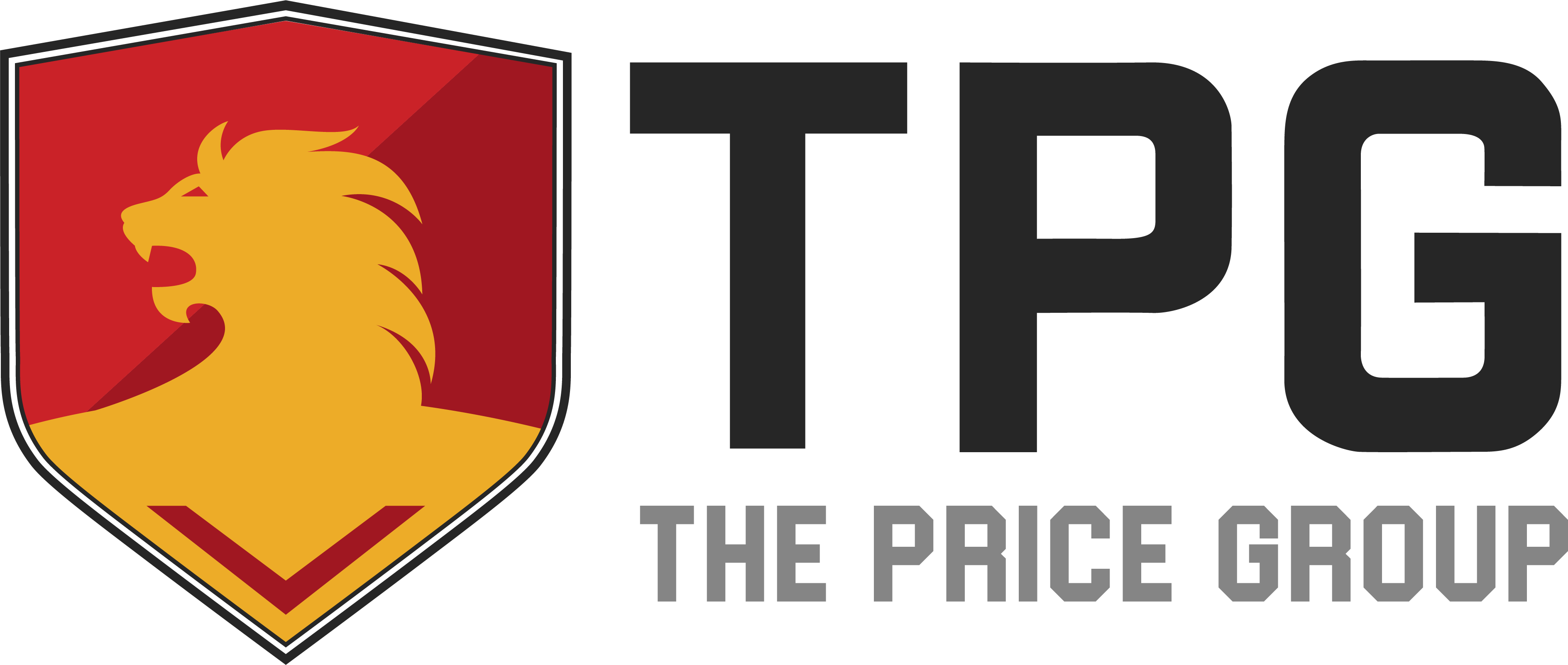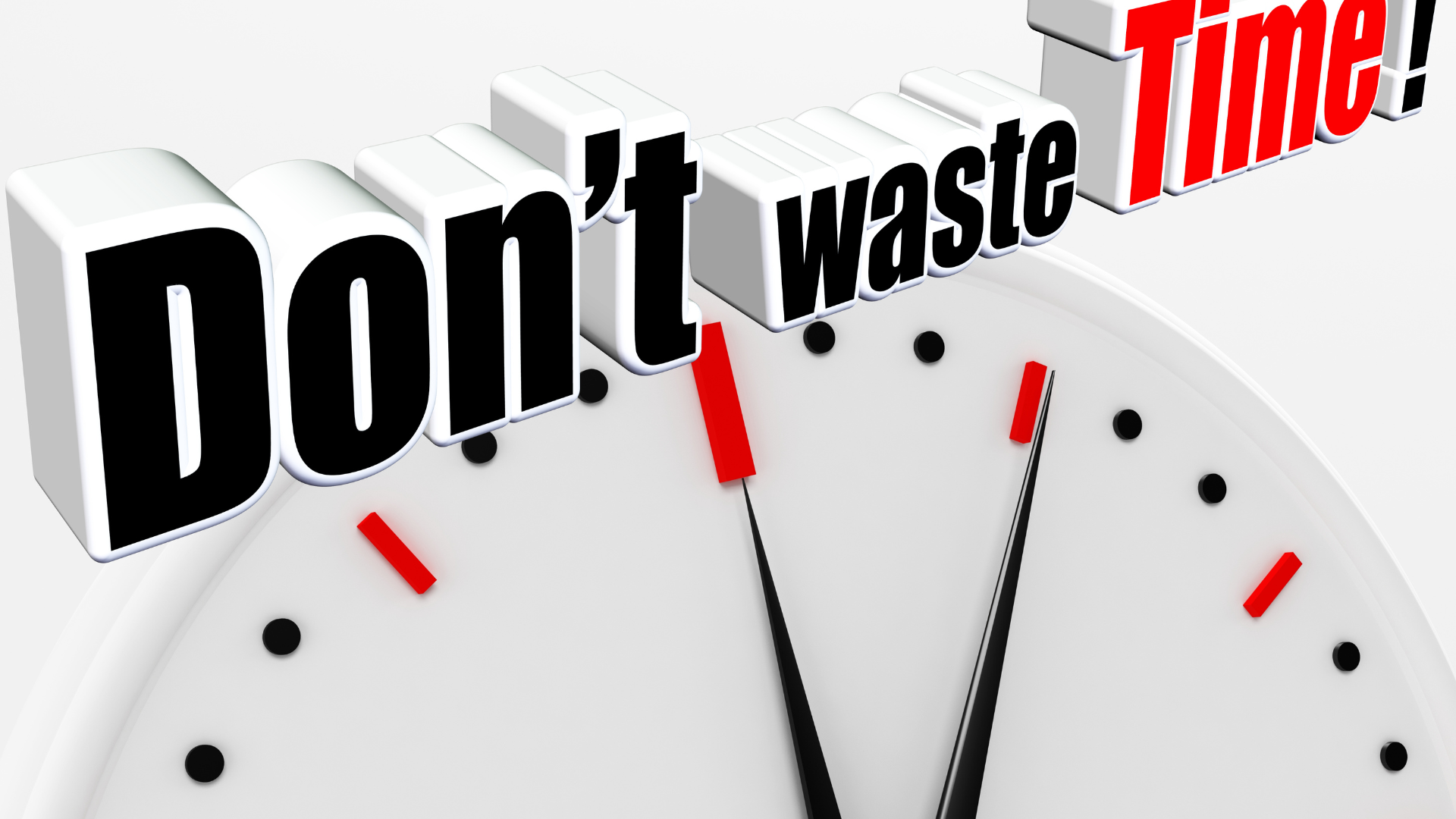Value Your Time
Do you ever feel like there just aren’t enough hours in the day? Maybe you find yourself constantly rushing from task to task, barely taking a breath before moving on to the next thing.
It’s easy to fall into the trap of thinking that being busy means being productive, but in reality, it’s all about how you value your time.
Taking control of your time starts with prioritizing tasks and understanding what’s truly important and urgent versus what can wait. Creating a flexible, structured schedule ensures that you’re focusing on what matters most. By being intentional about how you spend your time, you’ll accomplish more, reduce stress, and feel more fulfilled.
Key Takeaways
- Prioritize tasks based on urgency and importance to maximize productivity.
- Minimize distractions by creating a dedicated workspace and limiting interruptions.
- Set realistic goals and break them down into smaller, achievable steps.
- Practice self-care to maintain mental and physical well-being while managing time effectively.
Prioritizing Your Tasks
You know you have a lot on your plate, but don’t worry—you can tackle it all by prioritizing your tasks and focusing on what truly matters.
Start by making a list of everything you need to accomplish. Once you have your list, go through and categorize tasks based on urgency and importance:
✔ Urgent & Important – Must be done immediately.
✔ Important but Not Urgent – Schedule time to complete these tasks.
✔ Urgent but Not Important – Delegate these if possible.
✔ Neither Urgent nor Important – Eliminate or postpone.
Focusing on high-impact tasks ensures you’re dedicating time to activities that drive real progress rather than getting caught up in small, time-consuming tasks.
Creating a Schedule That Works
Start by mapping out a daily schedule that includes dedicated time slots for high-priority tasks. Use a planner or digital calendar to structure your day.
📌 Best practices for scheduling:
- Allocate time based on task importance (not just deadlines).
- Leave buffer time between tasks to stay flexible.
- Schedule breaks and downtime to avoid burnout.
- Stick to a realistic plan—overloading yourself leads to stress and inefficiency.
Your schedule should be a guide, not a rigid set of rules. Unexpected things will happen, so be adaptable and adjust as needed.
Setting Realistic Goals
Setting goals that are achievable and measurable makes a huge difference in productivity.
✔ Break large goals into smaller, manageable steps.
✔ Be realistic about how much time tasks will take.
✔ Track progress to stay motivated and make adjustments as needed.
✔ Make goals specific and measurable. (Instead of “exercise more,” set a goal like “walk 30 minutes every day.”)
When you set realistic, achievable goals, you’ll stay focused, motivated, and on track to reach long-term success.
Minimizing Distractions
Distractions kill productivity. To stay focused:
🔹 Identify common distractions – Social media, notifications, background noise, or unnecessary meetings.
🔹 Create a dedicated workspace – Set up a quiet, distraction-free environment.
🔹 Use tools like website blockers or timers to stay on task.
🔹 Let others know when you need focus time – Communicate with family or coworkers about your work schedule.
By actively reducing distractions, you’ll stay in control of your focus and complete work faster and more efficiently.
Taking Breaks and Practicing Self-Care
💡 Taking breaks isn’t wasting time—it’s an essential part of staying productive. Research shows that short breaks improve focus and performance.
✔ Step away from work – A 5-minute walk or stretch can refresh your mind.
✔ Practice self-care – Exercise, eat well, and get enough sleep.
✔ Set boundaries – Don’t let work consume all your time; make room for hobbies and personal time.
When you take care of yourself, you increase focus, energy, and overall productivity.
Conclusion: Time is Your Most Valuable Asset
Your time is precious—how you use it determines your success. By prioritizing tasks, creating a structured schedule, setting realistic goals, minimizing distractions, and practicing self-care, you’ll take control of your productivity and achieve more with less stress.
💡 Start today! Value your time, and watch your productivity skyrocket. 🚀




